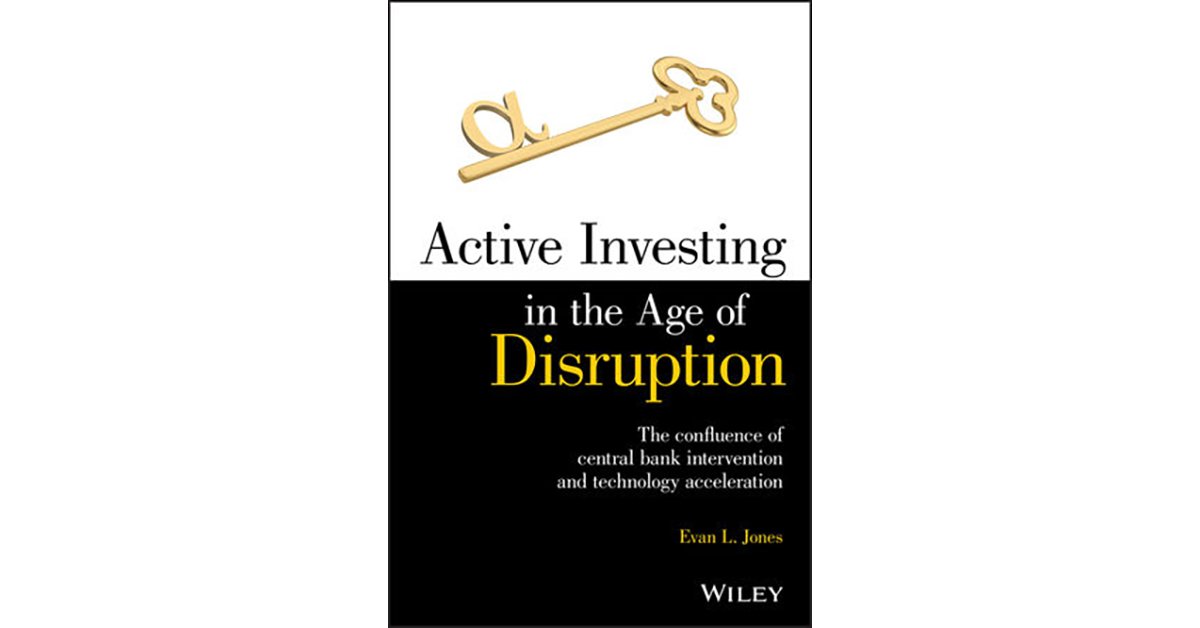Active Investing in the Age of Disruption. 2020. Evan L. Jones. John Wiley & Sons.
Key Points
- Aggressive central bank intervention and accelerating innovation have made generating alpha from value-oriented, fundamentally driven investing more difficult
- Short-selling skills will be in strong demand in the 2020s
- The market’s dynamics have shifted, affecting the potential for investors to generate alpha
- The accelerating pace of innovation has further increased the difficulty of generating alpha through value-based methods
- The average company lifespan in the S&P 500 has decreased significantly over the years
- Strategies for extracting alpha in the new environment include portfolio concentration and focus on company analysis basics
- Managers who can generate alpha on the short side will be in high demand during the 2020s
The traditional approach of value-oriented, fundamentally driven investors to generate alpha has been challenged by aggressive central bank intervention and accelerating innovation, according to Evan L. Jones in Active Investing in the Age of Disruption. He explains that the market dynamics have shifted, leading to a decreased potential for investors to generate alpha by selecting strong stocks and shorting weak ones. This situation has been further intensified by the rapid pace of innovation, with startups backed by substantial venture capital waiting longer to go public, giving them more time to disrupt industries.
Supporting his observations with compelling evidence, Jones highlights the significant decrease in the average company lifespan within the S&P 500, emphasizing the heightened risk of corporate obsolescence.
Offering solutions to these challenges, Jones directs his strategies towards hedge fund managers, drawing from his extensive experience overseeing direct investments at Duke University Management Company (DUMAC). He advocates for portfolio concentration and a focus on company analysis basics such as pricing power, switching costs, intangibles, and network effects.
Additionally, Jones predicts a strong demand for managers with short-selling skills in the 2020s, stressing the intensive analysis and necessary grunt work involved in shorting. His perspective as a manager of managers provides valuable insights for investment professionals, offering practical advice for navigating the evolving investment landscape.
If you liked this post, don’t forget to subscribe to the Enterprising Investor.
All posts are the opinion of the author. As such, they should not be construed as investment advice, nor do the opinions expressed necessarily reflect the views of CFA Institute or the author’s employer.







